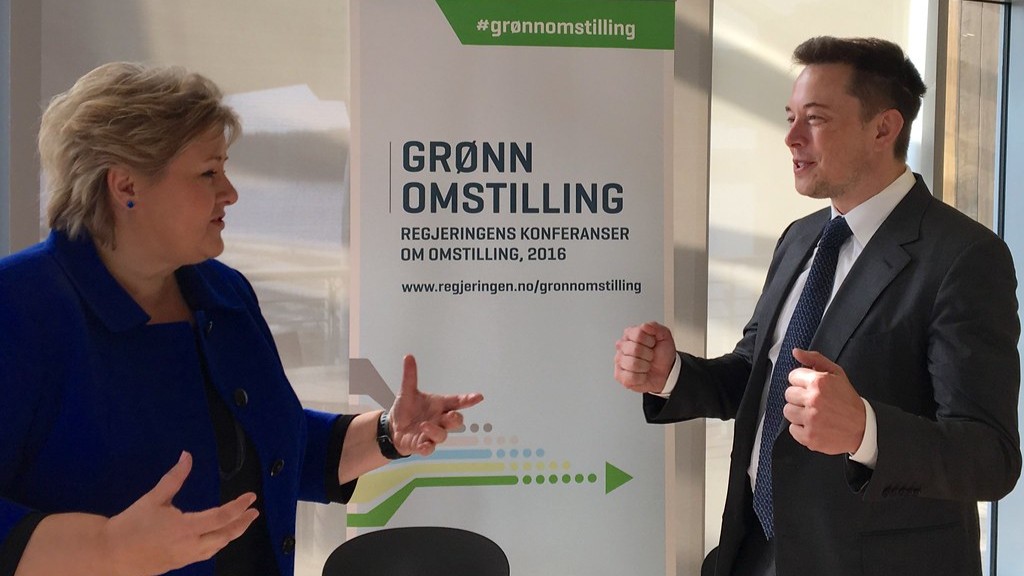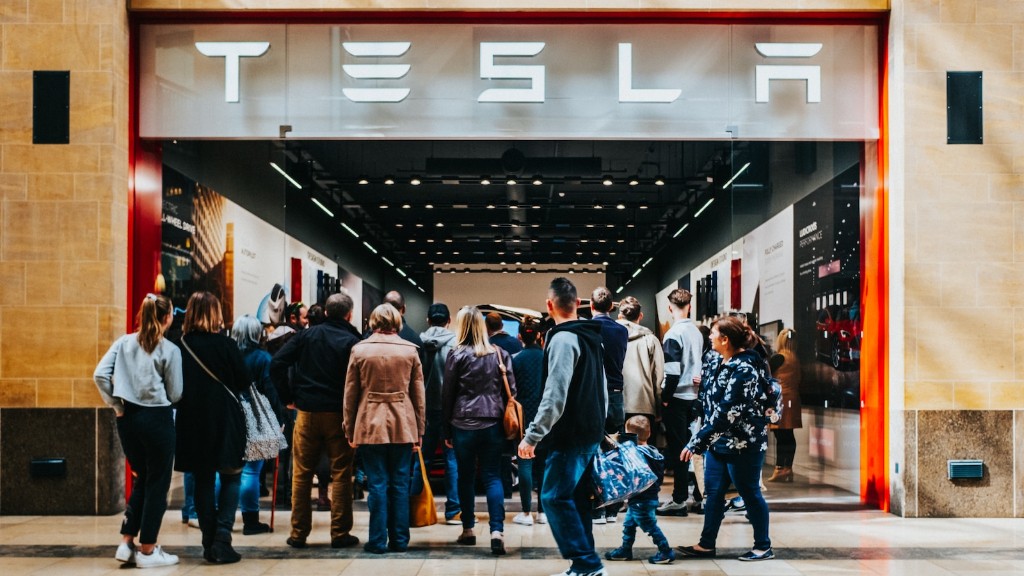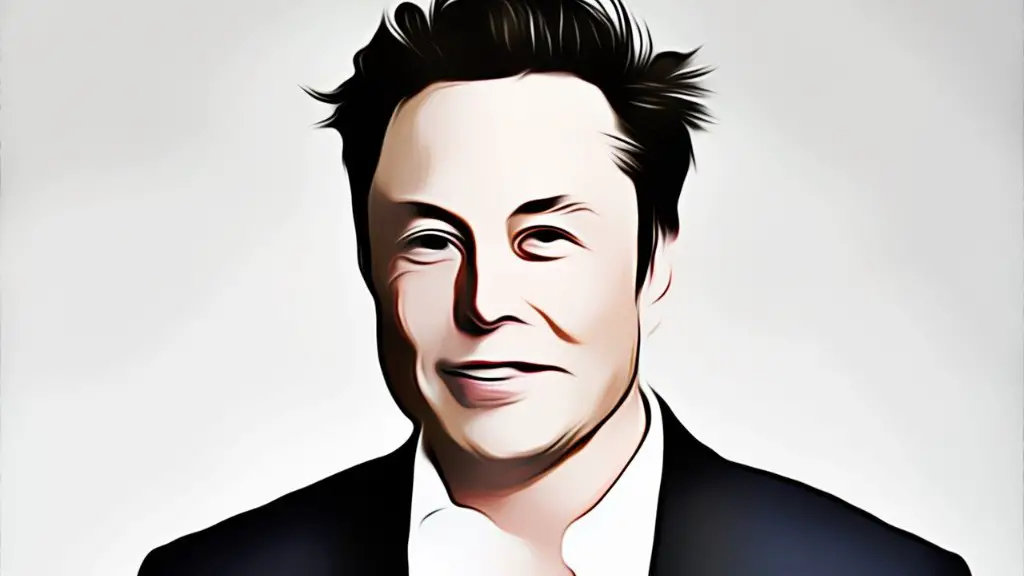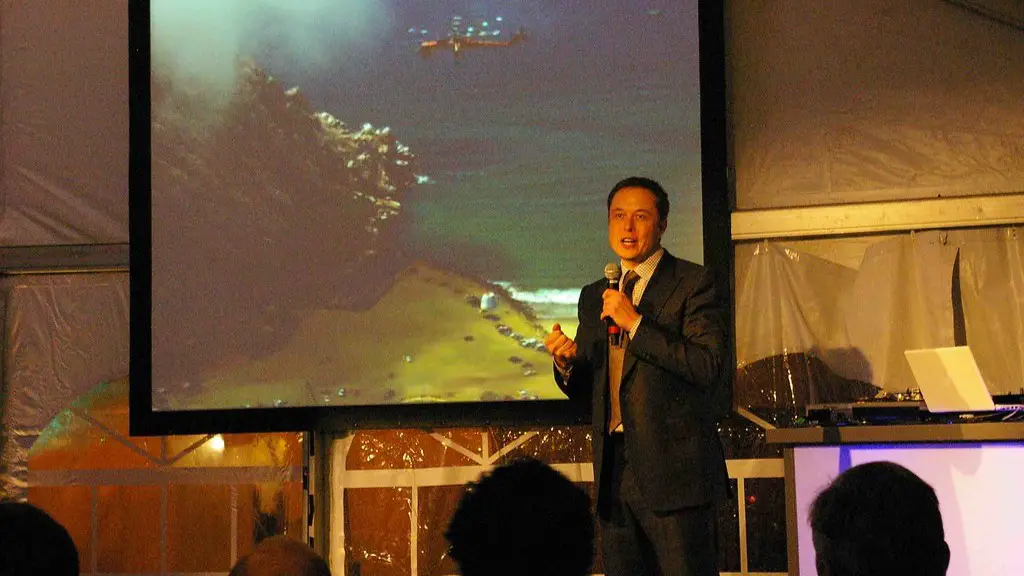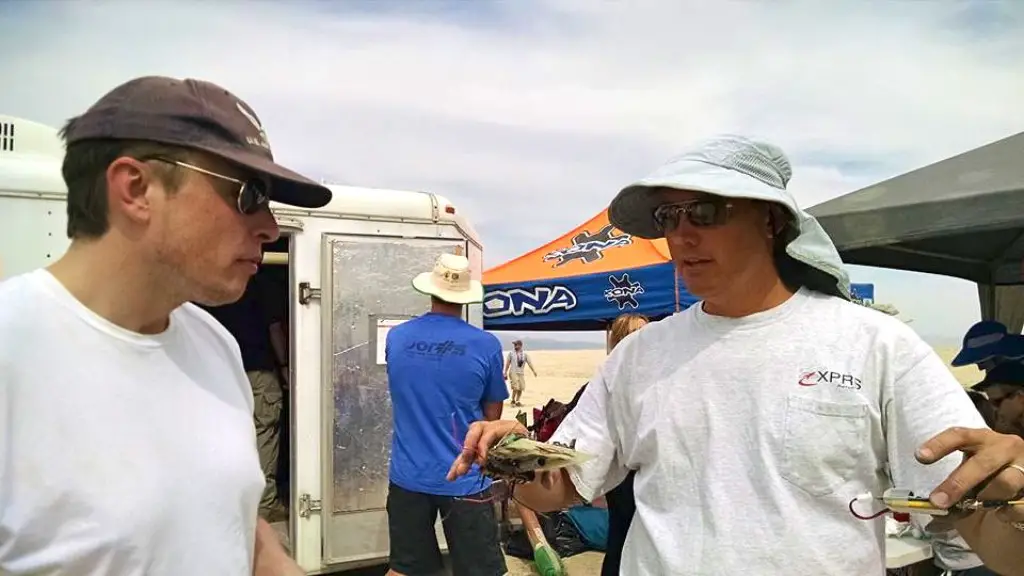As one of the world’s most successful entrepreneurs, Elon Musk has made a lasting impression on the tech world with a vast array of innovations. His career started at the young age of 24 when he created a web software company called Zip2. Musk then went on to co-found the revolutionary and highly successful e-payment processing platform, PayPal. In 2002, Elon and his brother Kimbal Musk founded a spacecraft engineering company known as SpaceX, followed by the launch of Tesla Motors in 2003. This startup was created with the aim of transforming transportation and Tesla vehicles are today heralded as a breakthrough achievement in sustainable mobility. But, how was such a successful car brand created? Let’s investigate.
The story behind Tesla began at the turn of the 21st century when Elon, who served as Chairman of the Board, came up with the concept for an electric car. At the time, many saw the concept as a pipe dream which is why few investors were willing to finance it. Ultimately, the initial funding came from a group of private investors including Elon, his close friends, and a few family members. After securing enough funds, the groundwork for Tesla Motors was laid through a historic trial-and-error series of experiments and breakthrough scientific discoveries.
With limited funds and a lot of ambition, Tesla was launched into the market in 2003. Initially, it was difficult for Tesla to turn a profit due to the high production costs of their electric cars, which were much higher than their gasoline-powered counterparts. However, Elon and his team didn’t give up and their efforts gradually started paying off with countless technological advances that helped make Tesla vehicles ever more efficient and reliable. The breakthroughs stemmed from developments in battery technology and charging stations and, in 2008, the first mass-market Tesla Roadster was launched with groundbreaking results.
From then on, Elon Musk continued to make technological advancements towards more sustainable forms of vehicular mobility with the launch of Tesla Model S in 2012, followed by Model X in 2015, Model 3 in 2017 and the Tesla Y in 2019. These models boast the innovative Autopilot feature which allows for the automation of the driving experience. Tesla has also taken a strong stance on sustainability initiatives with several milestone developments in their Powerwall system, a home energy storage device that allows homeowners to store solar energy from their solar panels and use it to power their homes after the sun has set.
Elon Musk succeeded in creating a name for himself and revolutionizing the auto industry with Tesla by focusing on the development of efficient and economical electric vehicles. His ambition, passion and enthusiasm for his projects, combined with the willingness to take risks, has helped him achieve great commercial success over the years. It has also inspired other entrepreneurs, who want to make a positive impact on society, to strive for success in their own way.
Corporate Social Responsibility
Tesla is not just a car company; it’s a global leader in sustainability initiatives. Musk has worked hard to ensure that Tesla leads the way in corporate social responsibility, from setting up ethical work standards and providing renewable energy solutions to making sure its cars are as environmentally friendly as possible. Tesla vehicle models are powered by electricity, reducing emissions and contributing to a healthier planet.
Tesla hasn’t implemented this shift in technology alone; in fact, Musk has partnered with other companies to promote initiatives that help reduce carbon emissions. These initiatives include supplying renewable energy to the public and providing technology that helps reduce fuel consumption. The company has also established a comprehensive recycling program that ensures parts and raw materials used to manufacture its vehicles are reused and recycled whenever possible.
In addition to these advancements, Tesla has made substantial investments in clean electricity with their Powerwall batteries and solar roof tiles which generate electricity from the sun and reduce the need for energy sourced from fossil fuels. This investment alone has helped reduce Tesla’s environmental impact significantly.
Finally, Tesla has been a forerunner in the development of driverless cars, which are increasingly being seen as a more efficient, green and healthy alternative to traditional cars. This suggests that Tesla is committed to building a sustainable future for the generations to come.
Competition
Tesla has had immense success thus far, but it hasn’t been without its fair share of competition. As electric cars become more popular and accepted, other carmakers have entered the fray with their own versions of electric vehicles. This has resulted in an increasingly competitive landscape where carmakers are struggling to differentiate themselves. This has also presented challenges for Tesla as they strive to stay ahead of their competitors.
For example, General Motors is offering incentives to customers who purchase its electric vehicles, such as Chevrolet’s Bolt EV, and this has put pressure on Tesla to match their incentives. Likewise, other carmakers, such as BMW and Nissan, have released electric models of their popular gasoline cars, which is another challenge Tesla must face if it wants to remain competitive in the market.
However, despite these challenges, Tesla has managed to diverge from the competition in various ways. Its vehicles, for instance, use an over-the-air-software system that allows for remote updates and improved performance and safety. Other carmakers have been slow to adopt this technology, which has given Tesla a significant edge. Additionally, despite the competition, Tesla continues to be seen as the leader in electric car technology due to its advanced battery technology and its reputation for providing highly efficient and reliable cars.
Growth and Expansion
Over the last decade, Tesla has experienced rapid growth, both financially and in terms of its product offerings. The company has developed an extensive network of charging stations, allowing Tesla owners to easily travel long distances. Tesla has also opened several stores and service centers in various cities, allowing customers to purchase and service their vehicles.
Moreover, Tesla has gained global presence by selling its vehicles in various markets, including the U.S., Europe, and China. The company has also been investing in research and development, with the aim of developing more efficient and reliable vehicles. This has helped Tesla stay ahead of its competitors as it continues to expand.
Tesla also plans to launch a ride-sharing service in the near future, in which customers can rent self-driving Teslas. This service is expected to be both economically and environmentally beneficial, as fewer cars will be needed on the road due to the increased efficiency of autonomous vehicles.
Impact
Through his work with Tesla, Elon Musk has helped revolutionize the auto industry and forever changed the way we think about transportation. He has pushed the boundaries of the industry and spurred a shift towards sustainable modes of travel and innovative new battery technologies. Musk’s ambition, passion and enthusiasm have inspired other entrepreneurs and made Tesla a household name.
Musk’s impact on the industry, however, goes beyond Tesla’s vehicles. By sparking a revolution in electricity and creating modern transportation technologies, Musk’s work has helped lay the foundation for a more sustainable future. Due to his efforts, electric vehicles, renewable energy sources, and self-driving cars are becoming more widely accepted and popular.
Ultimately, Elon Musk’s success with Tesla has profoundly changed the auto industry and affected people all over the world. He has not only revolutionized transportation but has also inspired others to strive for similar successes in their own lives. Elon Musk has created a unique and inspiring legacy for himself and for Tesla, as well.
Social Media Influence
Elon Musk is a pioneering visionary, but he has also helped transform the relationship between brands and their customers, thanks to his use of social media to engage with, educate, and update Tesla owners. Through Twitter, he shares his musings on the industry as well as provides updates on the progress of various Tesla projects. For example, in June 2020, Musk posted a video on Twitter which revealed the first pictures of the new Tesla pickup truck prototype. His updates, musings, and engagement has helped ensure that Tesla remains a prominent name in the industry.
Musk has also used his expansive reach on social media to launch campaigns for various causes. He recently used Twitter to raise awareness about the ongoing slaughtering of elephants for their ivory and launched various campaigns encouraging others to stop the demand and purchase of jewelry made from ivory. He has also lent his support to renewable energy and electric vehicle initiatives.
Overall, Elon Musk has distinguished himself as a leader and innovator through his pioneering vision and his use of social media to not only promote Tesla but to also contribute to positive initiatives. This has allowed the company to remain relevant and successful.
Business Model
Tesla’s business model focuses on selling electric vehicles (EVs), batteries, solar roof tiles, and other clean energy products. The company also employs an indirect sales strategy, using a “direct-to-consumer” model, which allows customers to purchase directly from Tesla, either online or in one of Tesla’s many stores around the world. Additionally, customers can purchase energy-saving products such as the Powerwall battery or the Tesla Solar Roof.
Tesla has also stepped outside of the auto industry by offering a host of energy-related services. This includes charging infrastructure and energy storage solutions, as well as Advanced Driver Assistance Systems (ADAS) which optimize the driving experience. Tesla has also partnered with various companies to provide car charging services for long-distance journeys, as well as energy trading services.
The company also generates revenue from its sales of EVs, batteries, and other energy-saving products, as well as leasing initiatives and its Autopilot programs. The company’s innovative business model has helped it grow rapidly over the years, while also contributing to sustainable mobility.

